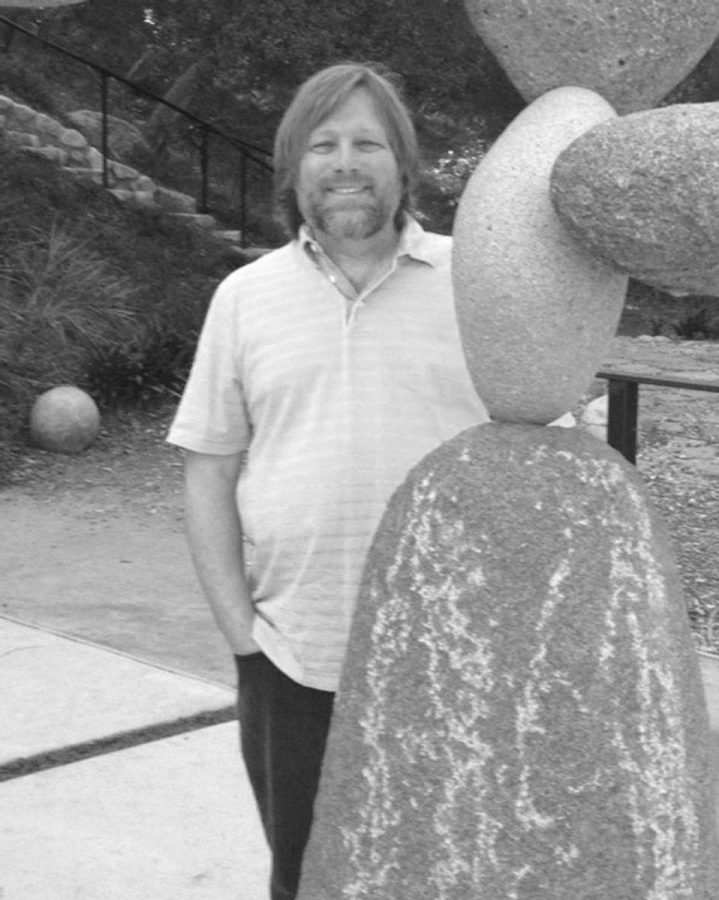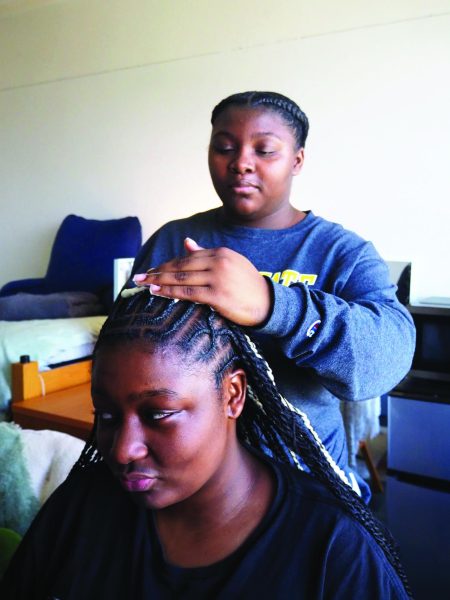Making advances in the education world
Wayne State College names Dr. David Harycki as new dean of education
September 9, 2015
Sometimes, life can take one on journeys one never imagined.
For Dr. David Harycki, these unforeseeable journeys took flight and landed him the position as Dean of the School of Education and Counseling at Wayne State College.
When Harycki started school at the University of Wisconsin-Madison, he said he really had no intentions of going into education. Originally from Wisconsin, Harycki spent some of his youth in South America, which led him down a path to pursuing a degree in Spanish.
However, when he was thinking about what he wanted to do with his talent, he knew he had two options: business or education. Harycki said that when it came down to it, he needed to decide whom he wanted to benefit from his knowledge, himself or society.
Harycki has had quite the adventure in his career as an educator. After teaching in Wisconsin for 10 years at middle schools, he realized that he really enjoyed middle schools, so he chose a master’s degree in middle level education at the University of Wisconsin-Platteville.
While at Platteville, he was asked to help write the programs for middle level education studies.
At the University of Nebraska-Lincoln, where he received a doctorate in middle level education, administration and curriculum and instruction, he met WSC’s vice president Michael Anderson. They became good friends and, throughout the years since, have been colleagues at different colleges, including one in Santa Fe where they helped the school regain accreditation.
After all of these life and career experiences, Harycki found himself in Wayne, where he was associate dean of education and counseling for one year before becoming dean.
When it comes to his philosophy on education, future educators at WSC may want to take note.
According to Harycki, there are two types of philosophies, the theoretical one and the real one. The real one involves making decisions and how to make them in a classroom setting.
He says that in today’s world, we are treating students too much like things and not as human beings with working minds.
“We have to allow children some voice in their education,” Harycki said.
Teachers are being told what to do in schools, which has created something Harycki called “teaching technicians” rather than teachers.
Harycki hopes that the school of education can not only work through the next two accreditation cycles, but also work to democratize the school of education. He wants students to serve on committees working to reach out to communities in Nebraska so that WSC can better cater to potential students.









